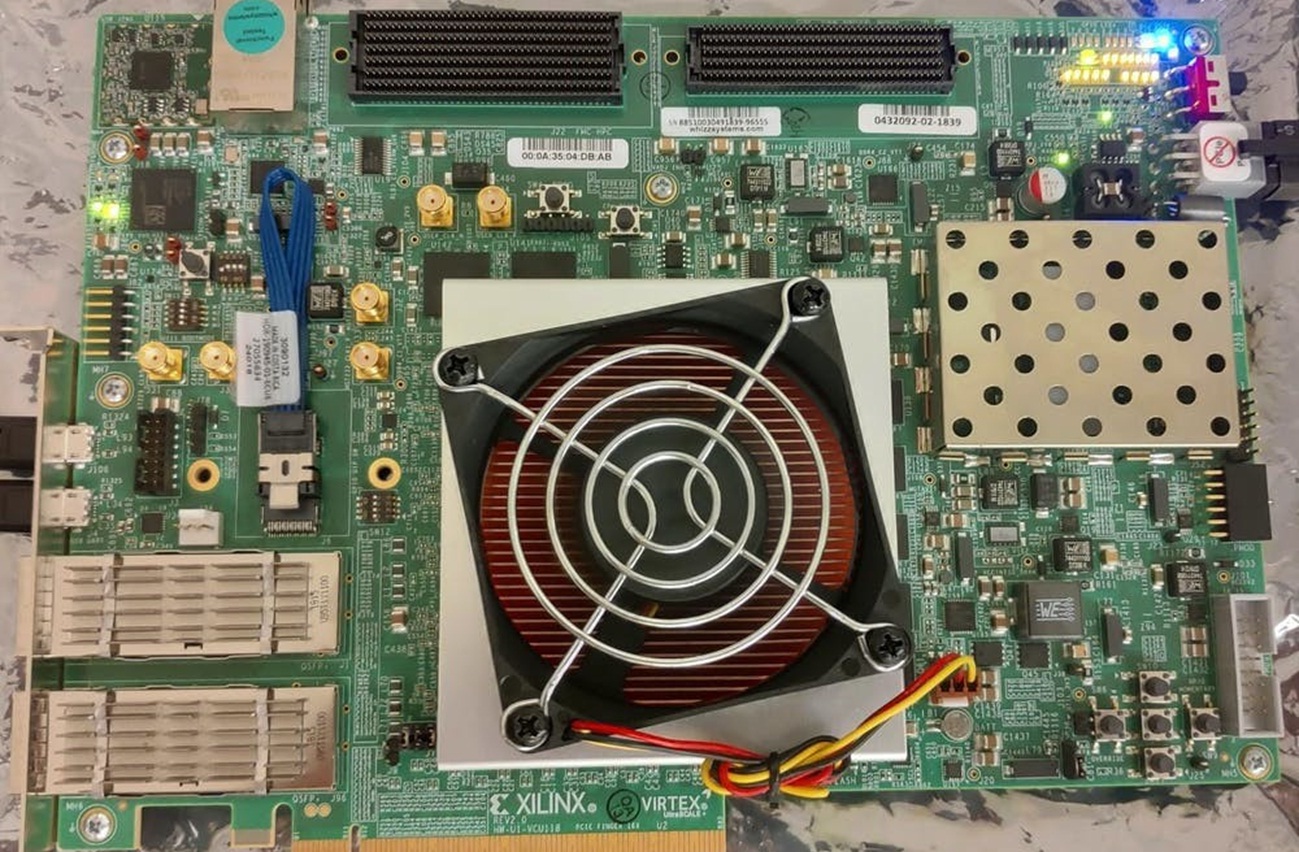
Over the course of four months, more than 500 hackers have tried unsuccessfully to hack into the Morpheus processor, which randomly rebuilds its microarchitecture 20 times per second.
Any software has bugsand vulnerabilities that allow attackers to hack it. Developers regularly fix them when they are discovered, but often this happens after a hacker attack. However, this does not stop hackers who simply find another security hole. This cyclical reaction leads to a continuous raceweapons between hackers and developers.
Since for the injection of malicious codeSince attackers need to determine the microarchitecture of the chip, researchers at the University of Michigan have developed a new type of computer processor that can block any hacking attempts at the hardware level even before the attack begins.
The Morpheus chip they created not only encryptskey data, its format and location, but also randomly shuffles bits of its own code every 50 milliseconds. Therefore, even if a hacker determines the processor structure, it will change before he can do anything.
Recently the Office of PromisingResearch Projects The US Department of Defense has tested a number of innovative processors. The program involved 535 professional researchers in the field of computer security. For 4 months, none of them could find a way to hack Morpheus.
In this case, the beat shuffling system does notaffects the user and developer experience. The only side effect is a 10% decrease in performance compared to similarly powerful processors. The team plans to address this issue by improving the system.
</p>



